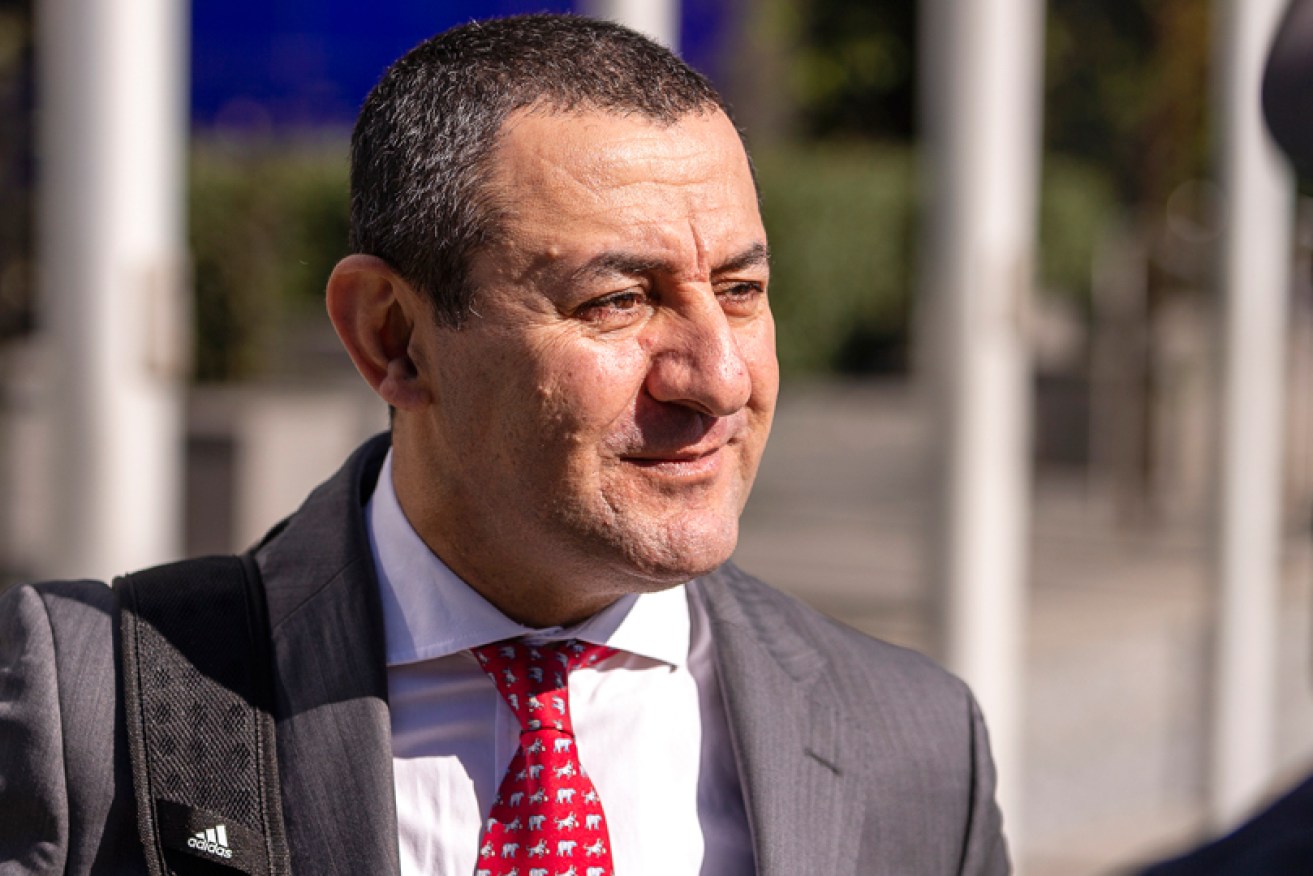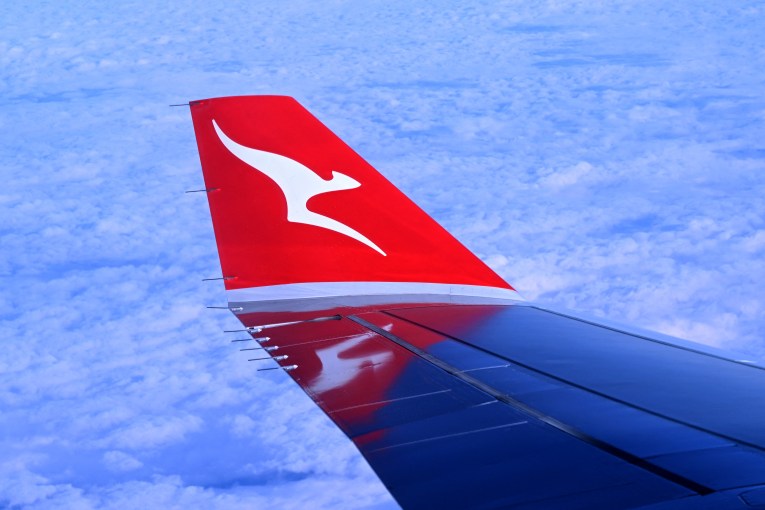Hostplus paid out thousands for sports and dining costs


Hostplus CEO David Elia speaks to the media outside the royal commission on Tuesday. Photo: AAP
Industry super fund Hostplus spent $267,000 on entertainment for clients and staff and $220,300 on accommodation in the year to June 2017, the banking royal commission has heard.
The entertainment budget was flat at 0.3 per cent of expenses for the previous two years but jumped 50 per cent as a percentage of expenses in 2015.
The fund also spent $260,000 on tickets to the Australian Open tennis, where Hostplus CEO David Elia said his wife and two children were among his guests. Another $40,000 was spent on football tickets at Melbourne’s Etihad Stadium, with some of the sports-related spending covered by the fund’s marketing budget.
Mr Elia said since joining the group in 2000 he had a work credit card that delivered him frequent flyer points for personal use. However, that arrangement stopped recently, seemingly in the run-up to the royal commission.
Details about the spending were leaked to banking watchdog APRA by a whistleblower and the regulator had investigated, Mr Elia said. Details of the investigation were not released.
Counsel assisting Eloise Dias asked Mr Elia if – given that 50 per cent of members had less than $6000 in their accounts and 30 per cent of members held inactive accounts – he was comfortable with that spend.
“It concerns me and I dislike having to do it,” he said.
But Mr Elia said it was part of a marketing operation that was necessary to retain members.
“We lose default status or employers [go] to other, poorer performing, higher-fee funds if we don’t,” he said. “By and large it works.”
Mr Elia said he also took senior staff to the Flower Drum, a high-class Chinese restaurant in Melbourne, to reward them for service and keep them happy as employees. One employee, chief investment officer Sam Sicilia, could go and “make a hell of a lot of money elsewhere”.
To replace top staff “would cost $70,000 to $80,000” in hiring costs and time, he said.
Mr Elia said entertainment at the tennis was also important marketing and he had taken his wife when employers he was hosting also took partners. His children were taken after cancellations from invited clients, but he had not reimbursed the company for the value of their tickets.
The commission heard the fund took a profit on insurance premium payments from members through a tax deduction that went to its pooled resources. The tax benefit amounts to about 15 per cent of premiums paid.
Proposed government changes that would mean young members under 25 and those with less than $6000 in balances had to opt in to insurance cover in superannuation would cost the fund $14.5 million annually if implemented. The change, if legislated, would potentially remove 670,700 members – paying $96.8 million or 43 per cent of total premiums – from the fund’s pooled insurance arrangements.
Over the past year, Hostplus was Australia’s top performing super fund, with its balanced option returning 12.5 per cent. Over the decade, it ranked fifth-best, with a 7.4 per cent return, according to SuperRatings.
The commission also heard that Suncorp was paid twice for administrative costs in its super funds. Suncorp’s fund charged members an administrative fee while also retaining tax benefits on members’ accounts for its administration purposes, Suncorp executive Maurizio Pinto said.
The commission also heard that Suncorp held its default superannuation in old accounts, where it could receive commissions, right up to the deadline for new MySuper products in July 2017. By that date, all default super had to transfer to low-cost MySuper accounts where commissions could not be charged.
The double dipping on fees meant Suncorp was not a low-cost fund. Yet, until recently, it had advertised itself as such on its website.








